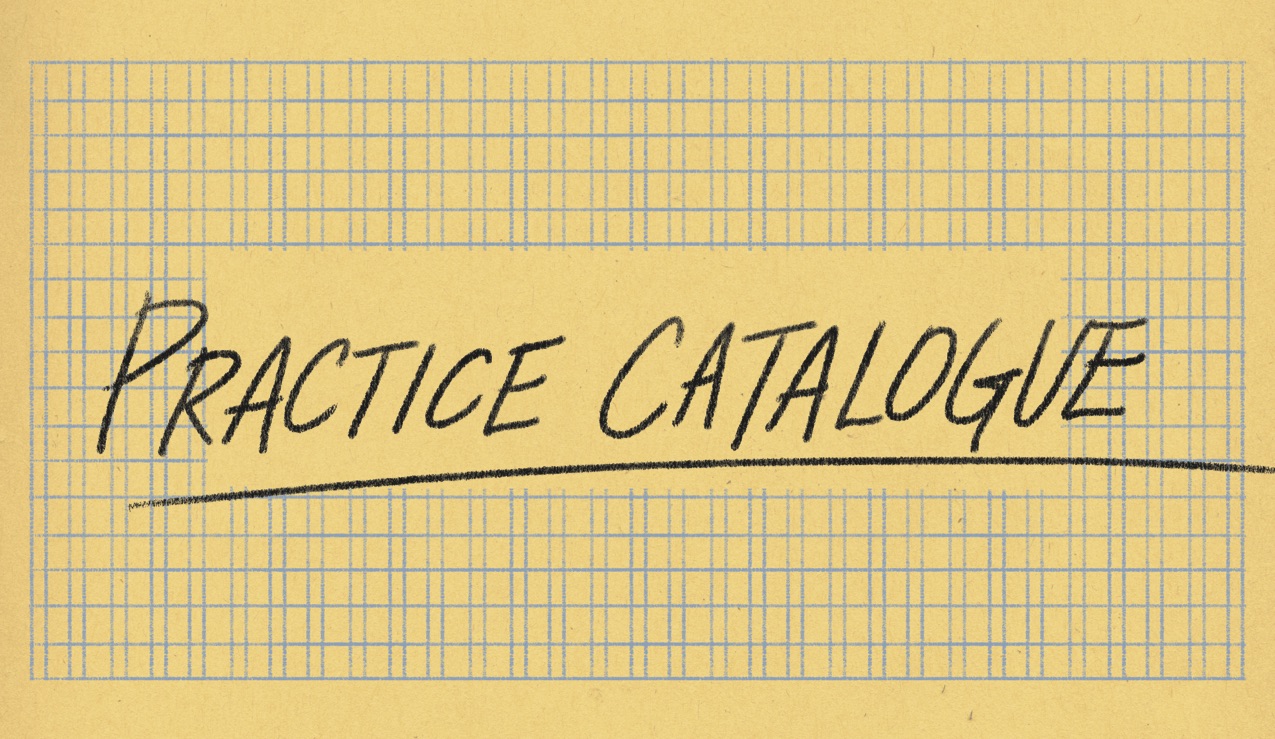The Words of Others
Unprompted and unplanned, a lot of the writing on Practice Catalogue has plumbed a particular vein: the relationship between existing writing and the writing one now tries to enact. (I’m thinking especially of Justin Boening on purity and plagiarism, Paul Legault on radical translation, and Hilary Vaughn Dobel on iterations of the Odyssey.) Depending on the conditions, we use different words for this relationship: influence, translation, rewriting, transcription, appropriation, plagiarism. Perhaps this shared focus shouldn’t be surprising: these words are really just differently inflected descriptions of writing itself.
In a new essay called “The Words of Others” (some fragments of which began as notes on PC) I use the work of Legault, Jen Bervin, and Dan Beachy-Quick (plus a Borges parable) to think through these old but still unsettled issues: What does it mean want to write the words of others? What does it mean to wish or require that the words we use be our own? To quote:
Critics can afford aporia; poets need only not to get stuck. The question is how to make a large, less repressed response to influence, infatuation, or love; how to become or remain a writer while not denying the catalyzing experience of reading; how to stay transfixed and not lose oneself.
